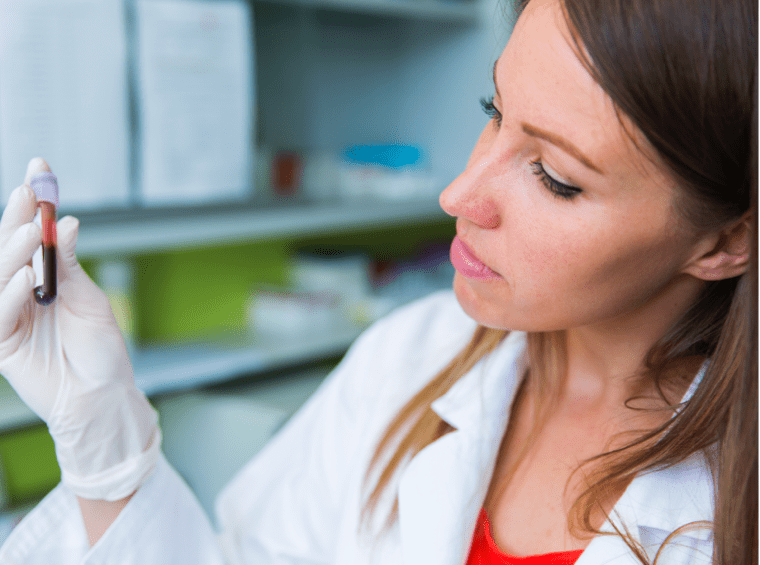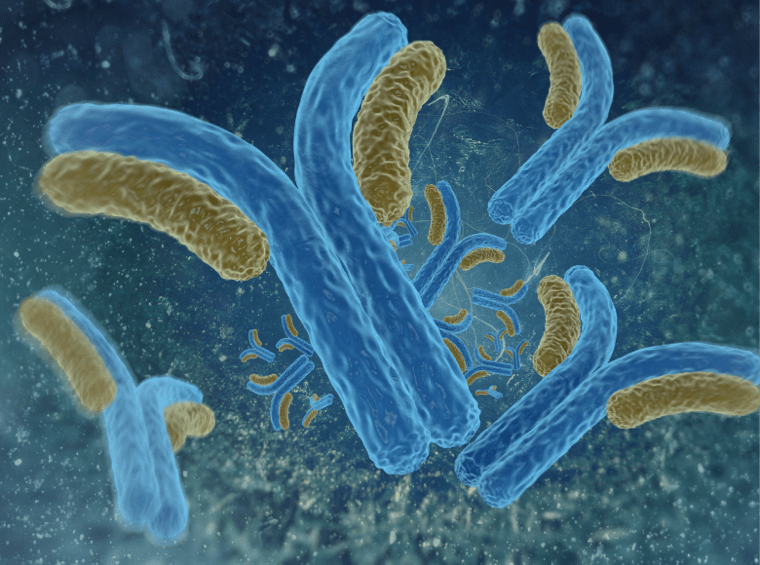Antibody Problem Solving

Routine pre-transfusion blood testing includes the determination of an ABO and Rh red blood cell (RBC) type, and antibody screening to detect unexpected antibodies present in the patient's plasma. Unexpected red cell antibodies are occasionally detected by these tests which must be investigated to enhance transfusion safety.
Unexpected Red Cell Antibody Detection and Identification
In recent years, most hospital-based laboratories in the United States and other developed countries have increasingly automated transfusion service processes. Automation has contributed to reducing the risk of human error and subjectivity of result interpretation, while allowing for increased productivity, enhanced sensitivity, and standardized workflow.
For complex cases in which an unexpected antibody is discovered in the patient's plasma, a series of testing methods may be utilized to determine the safest transfusion recommendation. Important considerations during the resolution of antibody identification cases include the patient diagnosis, medical, transfusion, and pregnancy history, as well as ethnicity. Subsequent steps to identify clinically significant allo- and/or autoantibodies may include, but are not limited to antibody identification techniques performed at different temperatures, the addition of enzymes or other chemicals to destroy or expose red cell antigens, and adsorption/elution techniques. Monoclonal reagents, recombinant soluble blood group substances, and molecular based blood group genotyping techniques are more recently available.

Techniques for Antibody Problem Solving and the Increased Safety of Blood Products Provision
Many complex techniques are utilized in blood bank laboratories on a daily basis with the ultimate goal of offering efficient and reliable provision of adequate blood products to each patient. Appropriate policies and procedures, together with carefully trained technologists, are crucial for the successful transfusion service.

References
Yudin J, Heddle NM. A 13-question approach to resolving serological discrepancies in the transfusion medicine laboratory. Lab Medicine 2014; 45(3): 193-206. PUBMED Link.
Poole J. Problem-solving in antibody identification. Vox Sanguinis 2004; 87(Suppl. 1): S67-S69. PUBMED Link.
Meny GM. Recognizing and resolving ABO discrepancies. Immunohematology 2017; 33(2): 76-81. PUBMED Link.